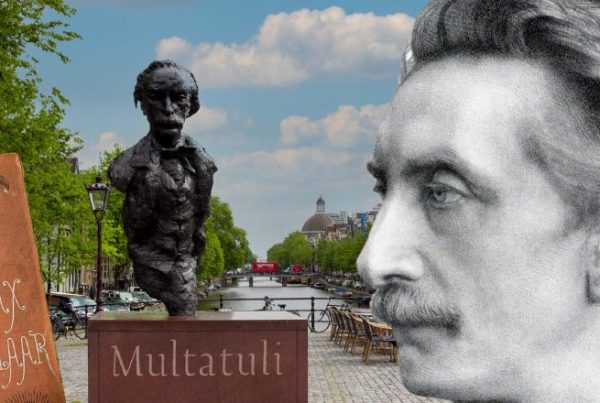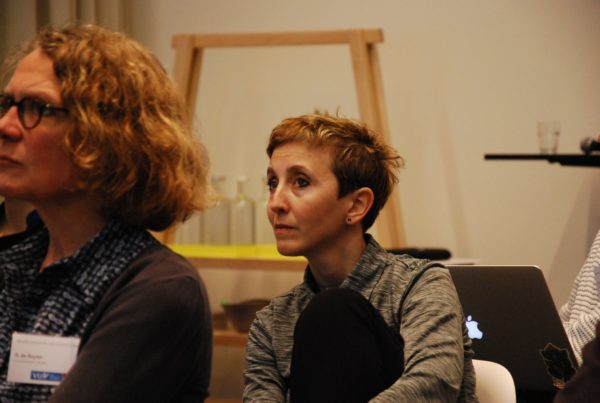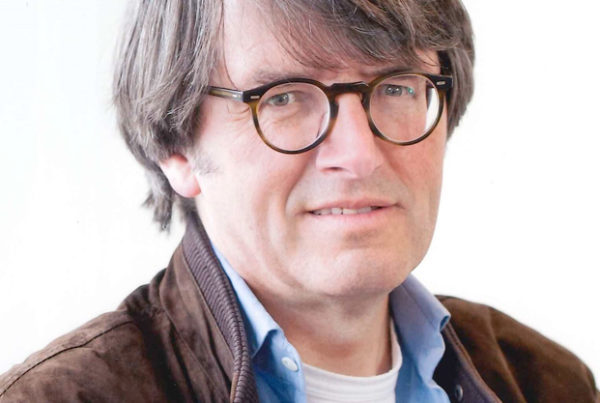March 10th 2017, Cees Maris is one of the speakers at the symposium ‘Evidence Matters‘.
Abstract Cees Maris
My Story – Ascertaining the Truth in Cases of Incest
My paper My Story – Ascertaining the Truth in Cases of Incest, discusses questions of truth and justice with respect to incest trials. I use the controversial case of Yolanda from the 1990s as a test case: up to the Supreme Court, the judiciary ruled that it was proven beyond reasonable doubt that Yolanda had been the victim of serious sexual abuse.
Because incest occurs in the bosom of the family, often the testimonies of the complainant and the accused is the only evidence available. Moreover, psychologists disagree about the truth-value of ‘recovered memories’ of incestuous relationships that allegedly happened many years earlier.
In this respect, incest trials may be considered as paradigmatic cases of the narrative theory of law. According to the narrative theory, all lawsuits are built upon narratives, rather than upon representations of an independent empirical reality. Generally, the narrativist theory of law states that human knowledge consists of narrational constructs that cannot be verified by any independent reality. In this view it is impossible to evaluate contested accounts of events by verifying them on the basis of objective facts, because all we have are human interpretations. My Story, the autobiographical book that provides a detailed report of Yolanda’s gruesome experiences, is an exemplar of such narrative interpretations.
Therefore, advocates of the narrative theory propose to replace the foundationalist correspondence criterion of the truth concerning the putative ‘legal facts’ with the criterion of narrative coherence. First, a truthful testimony should have internal coherence. Moreover, it should be externally coherent with all other credible interpretations that relate to the case. The normative part of a legal argument in a particular case, consisting of the relevant legal rules and principles, should meet the criterion of normative coherence.
I challenge the narrative theory of law with an argumentum ad absurdum. I argue that incest cases, precisely because of their extremely narrative character, expose the inadequacy of the narrative theory by taking it to absurd lengths. Indeed, if all lawsuits would be as narrative as incest trials, all verdicts would lose their legitimacy. Narrative coherence is hardly to be expected, so that a judge could never establish that there was adequate proof. In the case of Yolanda, for instance, the statements of those directly involved and the expert-witnesses were a paragon of perfect external incoherence.
Nonetheless, there is no reason for legal scepticism. The narrativist may be correct in his criticism of empiricist foundationalism: what counts as ‘facts’ depends on the conceptual framework of the explanatory theories. Still, it is possible to assign a privileged status to direct experience. This is made plausible in Susan Haack’s epistemology, foundherentism, a synthesis of empiricist foundationalism and coherentism. Therefore, in spite of their highly narrative character, even in incest trials it is possible to provide adequate empirical evidence, such as, traces of sperm, photographs and the like.
Haack’s foundherentism is not the appropriate epistemology for justifying the normative thesis that incest is morally bad, since values are not based on facts. Instead, I introduce cohsensualism, a synthesis of the meta-ethical standards of normative coherence and rational consensus, to underpin the plausibility of my normative conclusion.
 Biography
Biography
Cees Maris is em. Professor of Philosophy of Law at the University of Amsterdam. Het studies law in AMsterdam, where he recieved his PhD (cum laude) in 1979. Since 1989 he is professor of Philosphy of Law at the University of Amsterdam.




